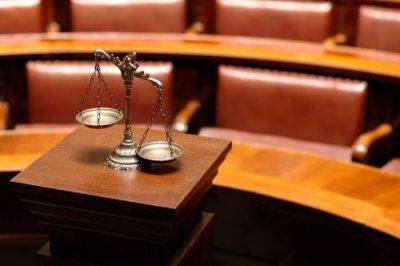This post was first published on December 15, 2011.
Trademark protection is an indispensable requirement for any business today. Any running business without a registered trademark, is not only prone to passing off but also runs a risk of infringing other registered trademarks. Trademark registration is sought by most business organisations today as a protection and risk mitigation measure.
Due to an ever growing requirement for trademark registration services, a number of service providers have mushroomed off late in and around the cities in which the trademark registries are located. The fact that filing of a trademark application is as easy as filing a PAN card application, many business organisations tend to think they can file applications on their own and get a registration. In the urge of saving on the professional fees, they tend to undermine the expertise required in getting strong trade mark protection, responding to examination reports and convincing the registrar of the registrability of their marks. Statistics suggests that most trademark applications filed in India today are being abandoned or refused at the time of examination report due to inappropriate responses to objections.
Individuals with lack of experience and expertise in trademark law will not be able to appreciate the basis of the objections made in the examination report and hence fail to overcome the same. In such cases, the registrar calls for a hearing and upon failing the same, the mark is abandoned or refused. The cost and time involved in multiple hearings before the trademark office is also comparatively huge and hence a trademark owner ends up spending more than necessary due to lack of expertise in responding to examination reports.
A skilled trademark agent can overcome most objections during the Examination Report Response, thereby saving his clients time, money and efforts. In order to draft an appropriate response to examination reports, one has to know the nature of objections cited by the Examiner. A standard Examination Report will contain the objections of the trademark office based on the following factors:
1. Objections on Absolute Grounds
The examiner may cite objections such as the trademark is devoid of any distinctive character, or descriptive in nature. Such objections are based on absolute grounds of refusal under Section 9 of the Trademark Act. These objections may be overcome by explaining the prolonged usage of the mark. If the mark filed for registration is in continuous usage for a minimum three years before filing, the objection of descriptiveness of the mark can be successfully overcome.
2. Objections on Relative grounds
When the examiner cites same or similar marks in the register in the objection, he is objecting the registration of your mark under relative grounds of refusal under Section 11. One has to clearly point out the differences between the cited mark and the mark applied for registration and provide evidences of usage. One has to also run a background check on the cited marks to understand their status, usage, and description and other vital differences.
3. Objections based on Honest and Concurrent Use
“Save as provided in Sec.12, a trademark shall not be registered if, because of its identity with an earlier trademark and similarity of goods or services covered by; the trademark; or its similarity to an earlier trademark and similarity of goods or services covered by the trademark.”
The above object is normally cited by default in the examination report. Though the objection makes little or no sense to a lay man, this sometimes is a valid objection and has to be taken seriously. What the examiner is trying to say here is that if the mark applied for registration is in conflict with another registered mark, the applicant has to show an honest concurrent use as provided under Section 12. If the proprietor uses the mark in a bona fide intent and honestly uses the mark without the knowledge of existence of any other similar mark, the same objection can be overcome.
4. Objections on Procedural Disparities
The Trademark office may ask to file certain documents or fee based on the procedural disparities. The objections from the Trademark office may be triumph over by providing evidences based on the afore said facts or by simply complying with the suggested requirements.
Another lacuna of the registration process is that the examiner, in many cases, cites objections based on section 9 and 11 by default. The same objection comes on the examination although the mark should not be objected under section 9 or 11.
Only an experienced trademark attorney can appreciate the nature of the objections and draft appropriate responses thereby defending the mark at the examination stage or at the time of first hearing it self.



